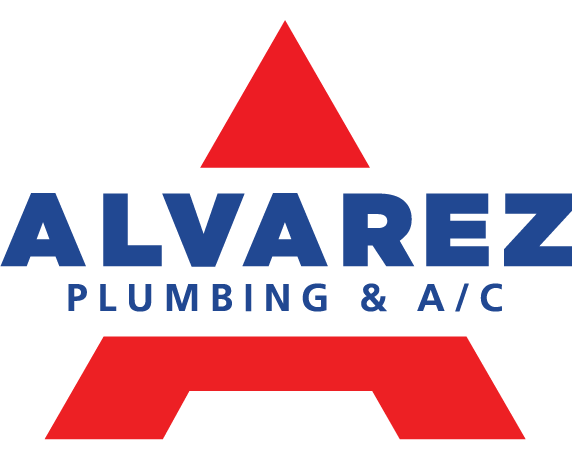What Should I Do When My HVAC Unit Is Damaged By Floods Or Storms?
What does a flood, blizzard, rainstorm, or hailstorm have in common? All of them can cause a variety of problems with your home in the aftermath. This includes damage to your HVAC unit. There are several different ways in which one of these storm types can wreak havoc with your current system. Thankfully, more often than not, there are steps you can take to repair or replace the damaged components.
Obviously, you may get to a point in which substantial repairs/replacement work is required, but you don’t have to default to that solution. Not only are there simple repair tips that you can keep in mind, if severe weather damages your unit, but there are also protective measures that you can take. Simple measures can extend the life of your HVAC by years.
Getting Your HVAC Unit Ready
In terms of preparing your HVAC unit for severe weather, a few simple steps can go a long way towards ensuring your unit will survive hail, blizzards, flooding, and more:
- Cover your HVAC. Your HVAC unit is sturdy, but it is still susceptible to damage from high winds, severe rain/hail/snowfall or the debris that any of those things can leave behind. Using a tight canvas cover with hail guards can protect your unit from destructing winds, dirt, leaves, hail, rocks, branches, snow, and other undesirables. Setting up a sandbag or two around the unit can also prove to be useful, as this can provide your unit with an essential anchor.
- Is there is a power outage? If an upcoming thunderstorm is carrying a certain threat of power outages, you will want to just go ahead and unplug your unit. A strike of lightning, on a unit that’s still plugged in, can actually endanger your entire home. Furthermore, if power lines go down during the storm, avoid going near your unit.
- Clear away the vicinity. Many HVAC units are established in isolated areas. If yours isn’t, you will want to take steps to clear away the general vicinity. Anything that can be picked up by winds and thrown into your unit, which can cause all kinds of damage, should be moved to a safer place.
- After the storm, inspect your unit. When the storm has safely and definitively passed, inspect your unit before plugging it back in. If the unit has become submerged in water, for example, do not reactivate. What you will want to do at this point is contact Alvarez Plumbing and Air Conditioning at once. That’s where we can come in. If the unit is safe to turn back on, make sure you remove the canvas cover.
- Placement is important. If you live in an area that has to deal with a lot of flooding, you will want to pay attention to how and where you set your HVAC unit. For new units, install everything above the flood line for the area. If possible, have your HVAC unit installed in the attic, rather than in the basement.
Repairing/Fixing Your Damaged HVAC Unit
Can you make repairs/fixes to your damaged HVAC unit? In many situations, absolutely. Here are some elements on how to repair HVAC units that you can keep in mind:
- You need to define the easy fix. Even with an easy fix, you want to be a little careful.Tasks like replacing your circuit boards and cleaning the coils should be handled cautiously.
- Here are tips for replacing parts of the unit/the entire unit. In the event of severe damage, the smart move is going to be to call us. Water damage, in particular, can prove to be absolutely devastating, as this form of damage can render your device beyond repair, or even dangerous. We can make repairs to certain aspects of the unit, and give you an indication of whether or not the unit needs to be replaced entirely. In many cases, such as duct insulation replacement, replacement is preferable over repair.
- Their are benefits to replacement. In the end, there are going to be times in which you have to have the unit replaced. This can be a little costly in the beginning, but the long-term benefits can be considerable and numerous. New HVAC units are designed to be more durable and energy efficient than ever before.
Conclusion
Your insurance may actually include protection for your HVAC unit in the event that the unit becomes damaged or destroyed. Find out if your current coverage extends to things like HVAC units. If you do not have coverage, and you can obtain coverage, you may want to consider doing this.
You may also want to consider an inspection of your current HVAC unit. We can help with that as well. This can give you an indication of whether or not any repairs need to be made. An inspection can also let you know if you actually need to have the unit replaced altogether.



Recent Comments